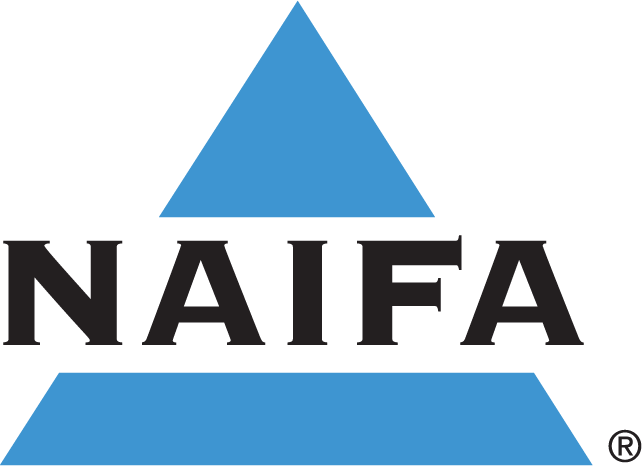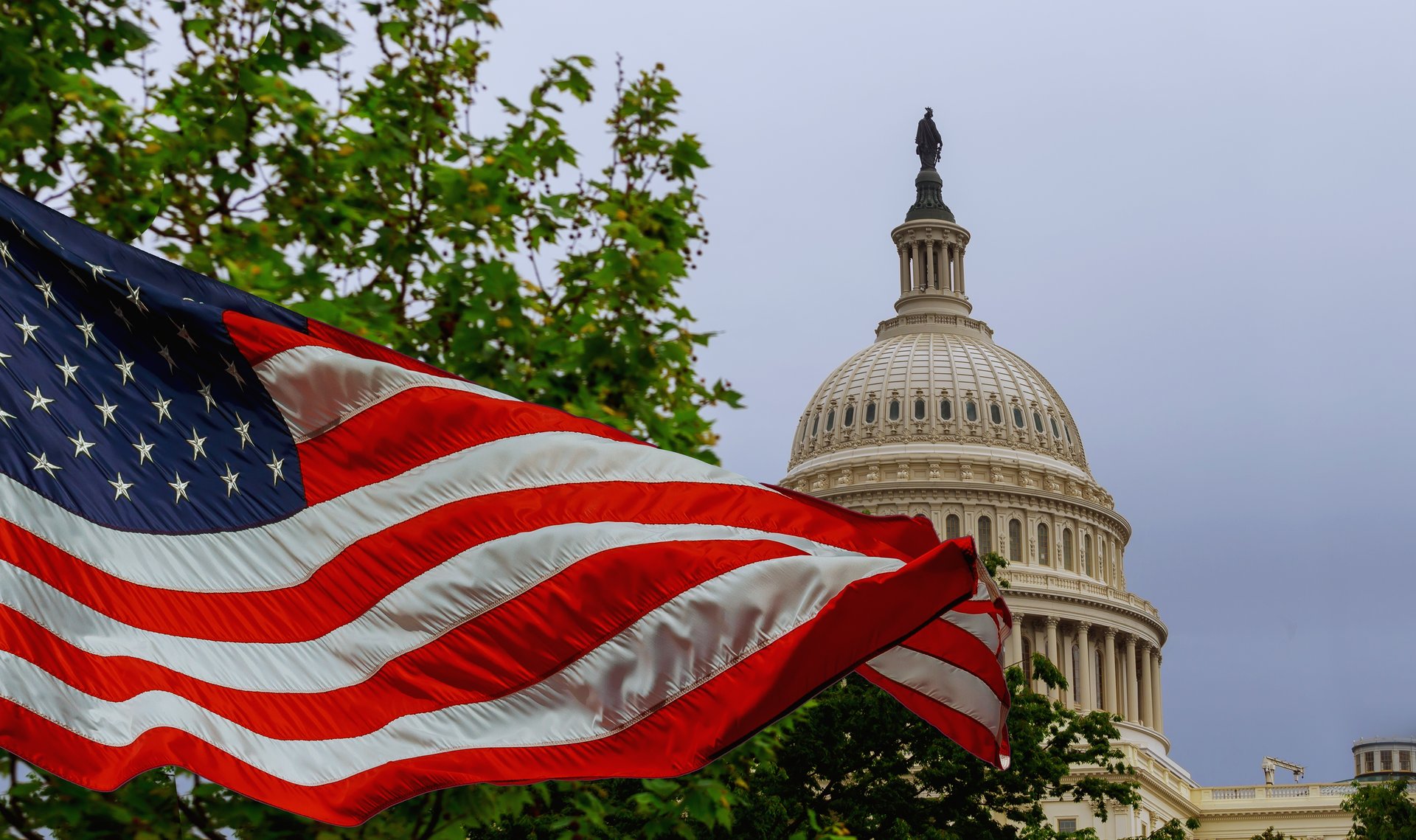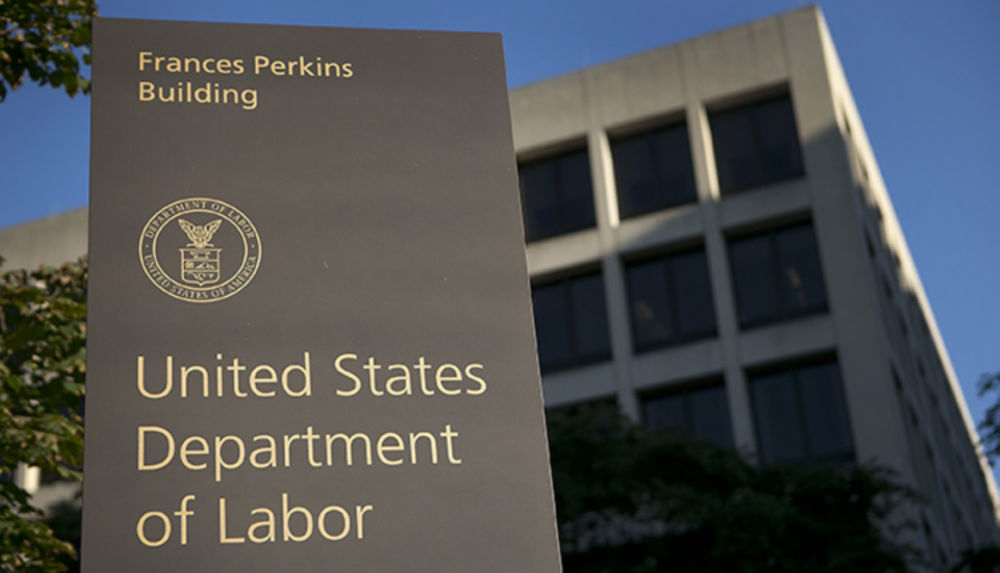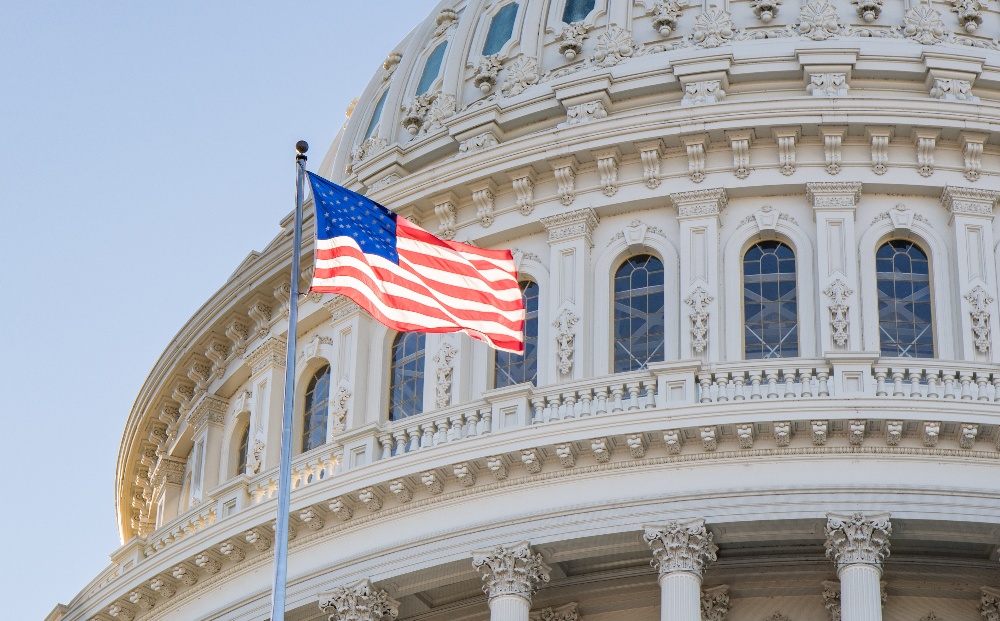NAIFA members in a recent survey overwhelmingly said that the Department of Labor’s fiduciary-only proposal for retirement planning services would increase the costs of serving clients. That sentiment is borne out on a macro level by a new Financial Services Institute study conducted by Oxford Economics, which found that the rule would cost financial services firms $2.7 billion in the first year with continuing annual costs of $2.5 billion. These figures are more than six times the upfront costs and nearly 11 times the ongoing costs estimated by the DOL.Costs cited in the FSI/Oxford Economics report include software upgrades, legal and consulting costs, and staff time. The report confirms NAIFA’s contention that “the burden of the proposed regulation is expected to fall primarily on the small, relatively less sophisticated investors who rely on investment recommendations in commission-based retirement accounts.”
In NAIFA’s survey, which was cited by the U.S. Small Business Administration Office of Advocacy in its comment letter to DOL, financial professionals cited strong concerns about the increased costs the DOL proposal will bring.
- 92% agreed or strongly agreed that the DOL proposal will significantly increase costs associated with providing disclosures.
- 91% agreed or strongly agreed that the DOL proposal will significantly increase the costs of record-keeping and transparency.
- 90% agreed or strongly agreed that the DOL proposal will significantly increase the costs of hiring and training staff.
The NAIFA members also said they would have no choice but to pass these costs along to consumers and potentially limit the products, services, and guidance they offer lower- and middle-income investors. Many of those who currently require no minimum asset thresholds from their clients would be forced to impose minimums that could be beyond the means of many investors.
In official comments and public testimony NAIFA has asked the DOL to withdraw the proposed rule and is actively educating members of Congress about the rule’s likely consequences.
